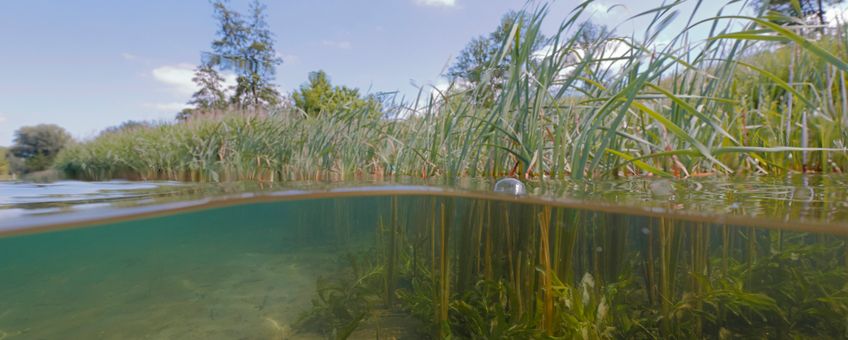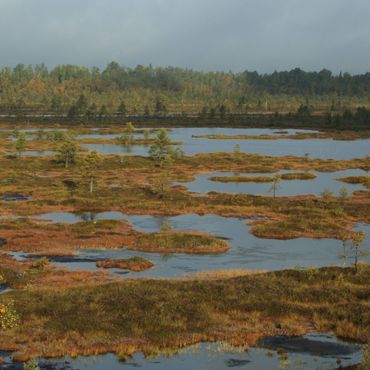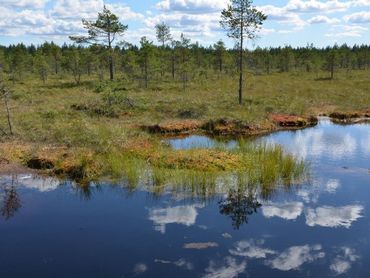
Planetary boundaries update: freshwater change exceeds safe limits
Institute for Biodiversity and Ecosystem Dynamics (IBED)Planetary boundaries

The planetary boundaries framework, published in 2009, demarcates a safe operating space for humanity. Water is one of the nine regulators of the state of the Earth system that are included in the framework, and is the sixth boundary that scientists have assessed as being transgressed. Other transgressed boundaries are climate change, biodiversity loss, biogeochemical cycles, land use and, in 2022, chemical pollution.
The water boundary had been considered to be within the safe zone. Now researchers have explored the water boundary in more detail. The original freshwater use boundary only focused on 'blue water,' which includes freshwater in streams, rivers and lakes.
Soil moisture
'Previous assessments focused primarily on river water flow and missed important information about the complete water cycle. We now focus on root zone soil moisture as the primary indicator for the health of our water cycle, which supports healthy and resilient ecosystems that capture carbon and in turn regulate the atmospheric water cycle', according to co-author Ruud van der Ent, Assistant Professor at TU Delft.
Everywhere, from the boreal forests to the tropics, from farmlands to forests, rainfall is changing and so too is soil moisture. 'Take the Amazon rainforest, for example. It depends on soil moisture for its survival. But there is evidence that parts of the Amazon are drying out as a result of climate change and deforestation', says Arie Staal, co-author and Assistant Professor at the Copernicus Institute at Utrecht University.
Green water

The authors propose that soil moisture in the root zone is a useful control variable for green water: the water cycle available to plants, including rainfall and soil moisture. The root zone varies around the year and between different ecosystems. The research team suggests that the most important green water variable to calculate is the percentage of land where soil moisture in the root zone goes beyond the baseline variability in any month of the year. The specific definition used in the paper’s assessment is: 'the percentage of ice-free land area on which root-zone soil moisture anomalies exit the local bounds of baseline variability in any month of the year.' The assessment was based on evidence of green water departures from baseline conditions and green-water driven destabilization of ecological, atmospheric, and biogeochemical processes. As such, the authors find that the green water planetary boundary has already been transgressed.
'In the past decade, the planetary boundary framework has helped policymakers navigate urgent earth system challenges. This novel assessment on freshwater change now shows that we need to redirect action towards green water change through climate change, deforestation and soil degradation in order to reduce Earth system risks', says co-author Sofie te Wierik, PhD candidate at the University of Amsterdam.
More information
The paper, published in the journal Nature Reviews Earth & Environment, includes as co-author Johan Rockström, who received an honorary doctorate from the University of Amsterdam in 2019, and starred David Attenborough’s 2021 Netflix documentary 'Breaking Boundaries: The Science Of Our Planet'.
The publication can be read here.
Text: IBED
Photos: Jelger Herder; Roy van Grunsven; Gert Jan van Duinen
